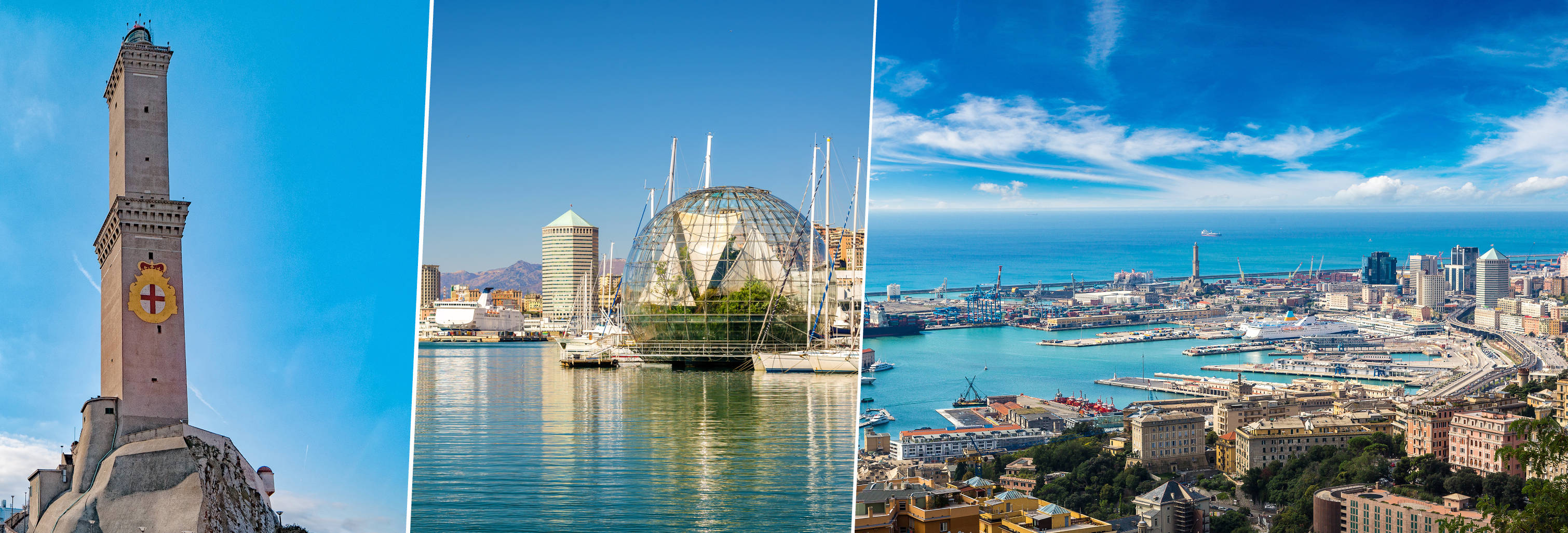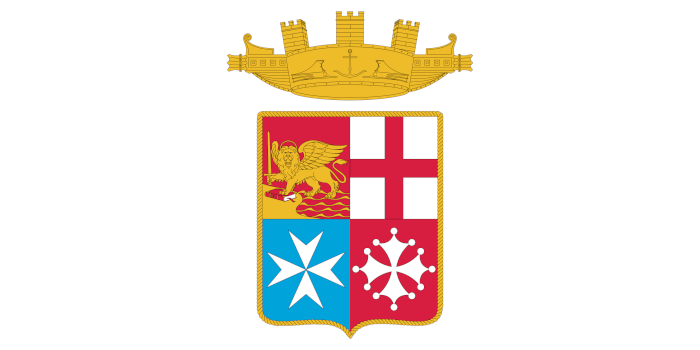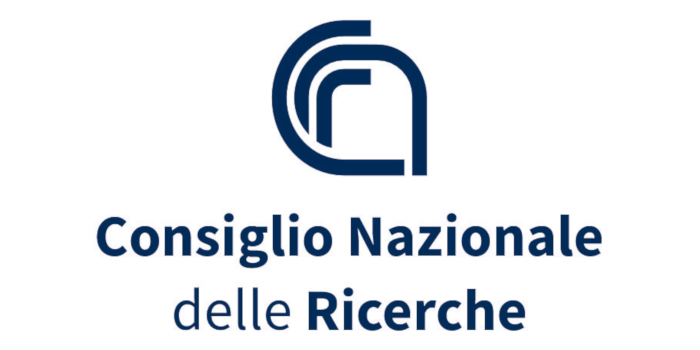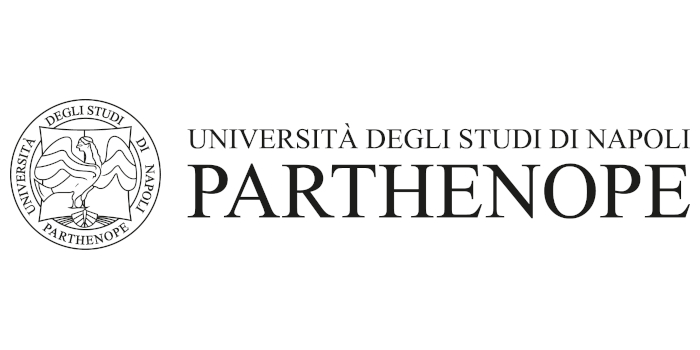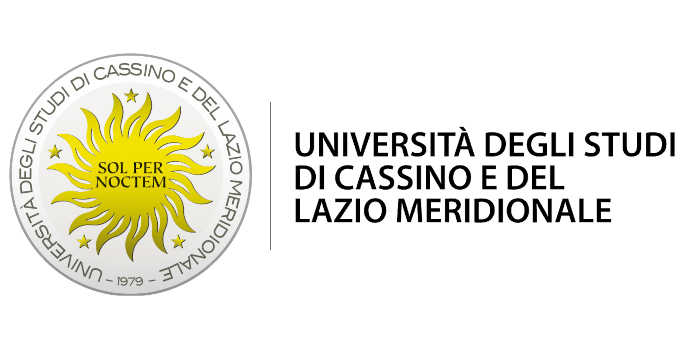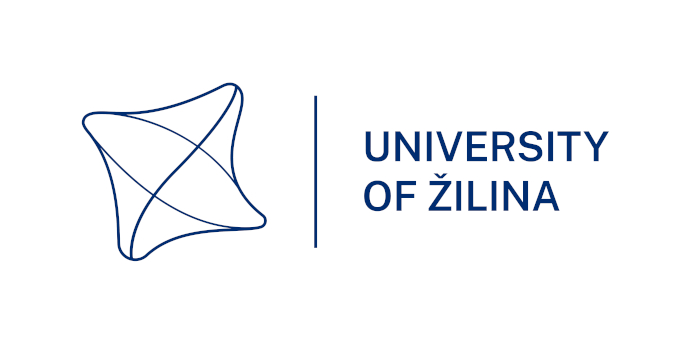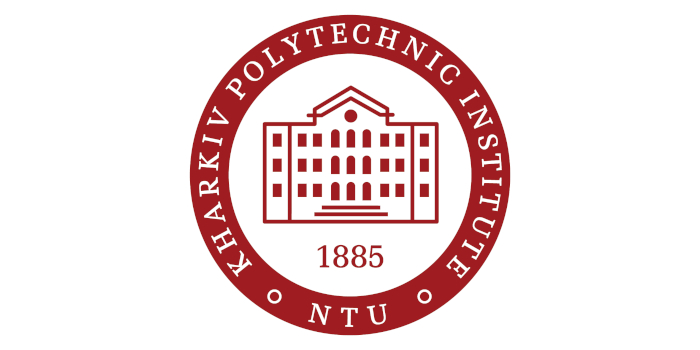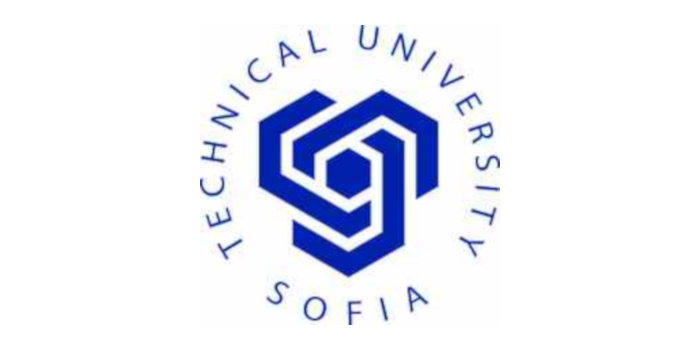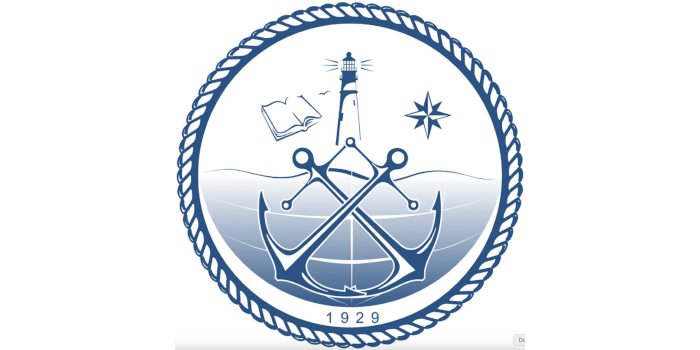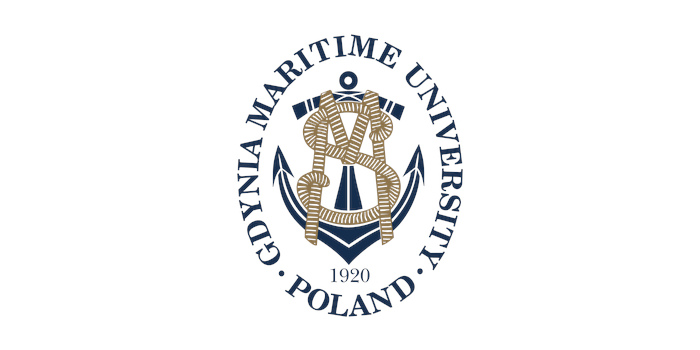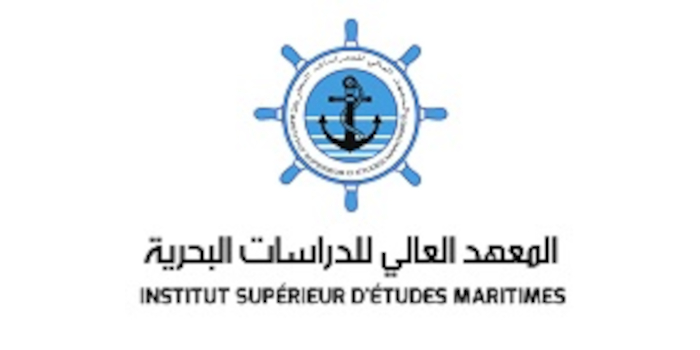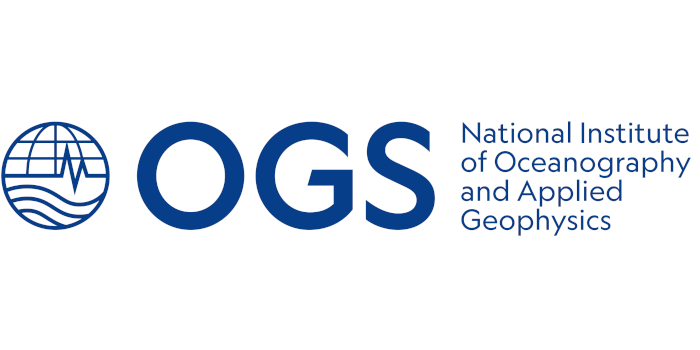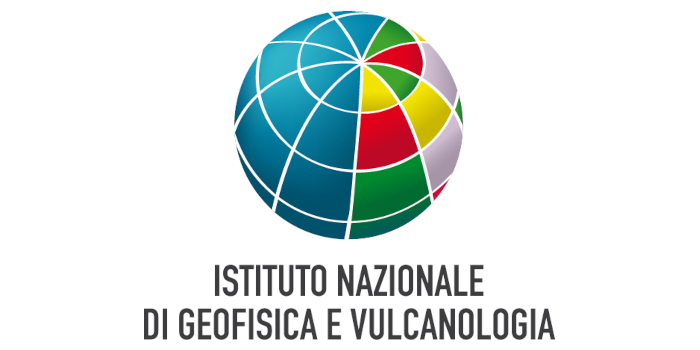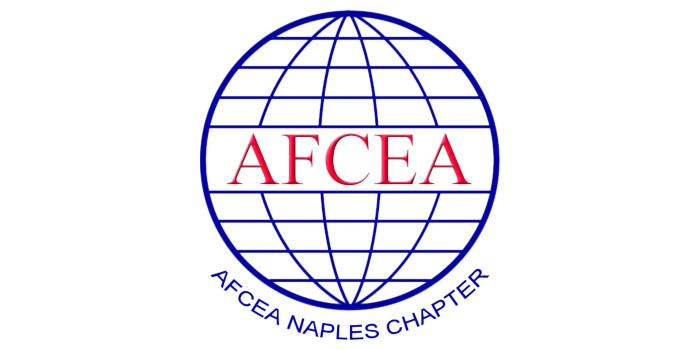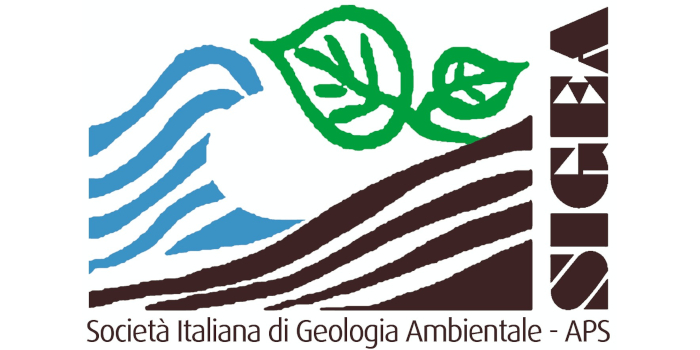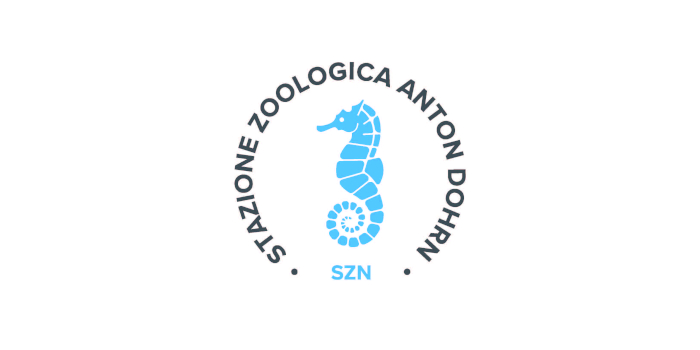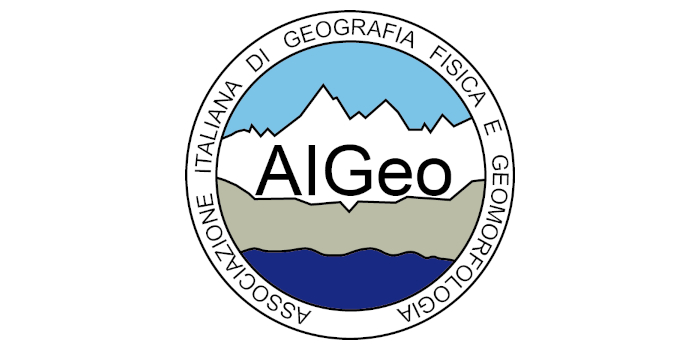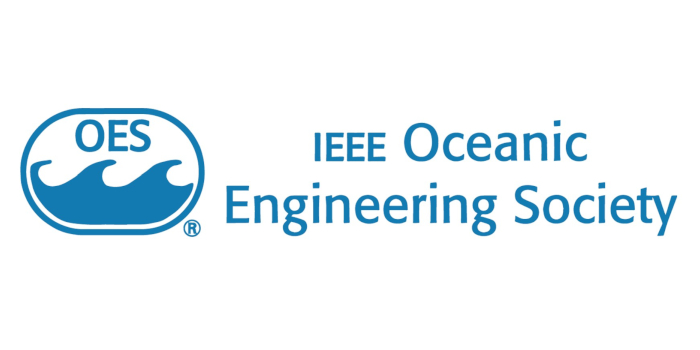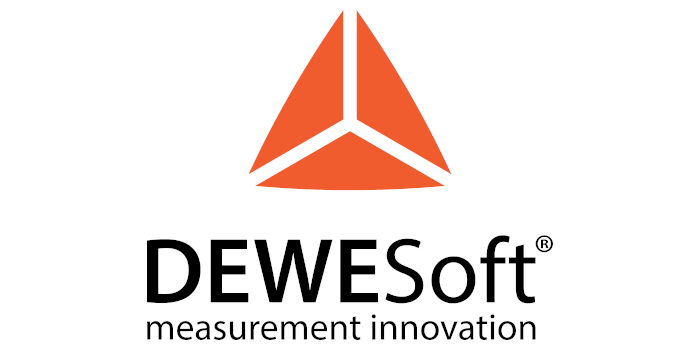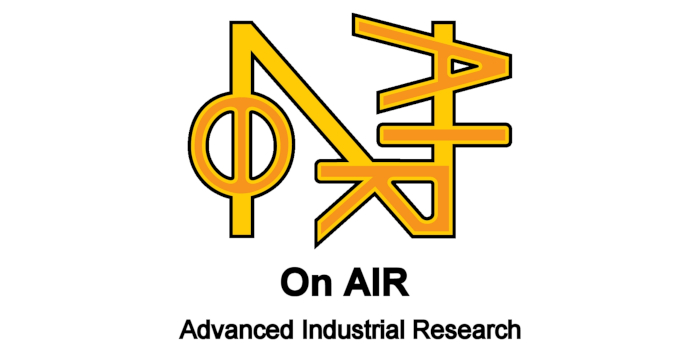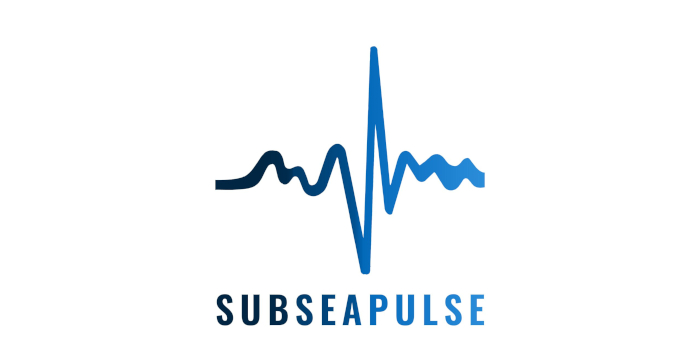Registration Fees
| REGISTRATION FEES |
IN ADVANCE By September 8, 2025 |
AT CONFERENCE After September 8, 2025 |
|---|---|---|
| IEEE Member Registration Fee | € 500,00 | € 590,00 |
| NON-Member Registration Fee | € 580,00 | € 670,00 |
| IEEE Student/Life Member | € 290,00 | € 380,00 |
| Student Non-IEEE Member | € 340,00 | € 430,00 |
| Special Session Organizers | € 440,00 | € 490,00 |
IEEE Member and Non-member Registration Fee includes:
- Publication fee for ONE accepted paper;
- Access to workshop sessions;
- Access to tutorials;
- Workshop kit;
- One Gala Dinner Ticket;
- One Welcome Party Ticket;
- Coffee Breaks;
- Daily Lunches Tickets.
IEEE Student/Life Member and Student Non-IEEE Member Registration Fee includes:
- Access to workshop sessions;
- Access to tutorials;
- Workshop kit;
- One Welcome Party Ticket;
- Coffee Breaks;
- Daily Lunches Tickets.
| ADDITIONAL ITEMS | |
|---|---|
| Extra Paper | € 50,00 |
| Extra Ticket - Gala Dinner (for Students and/or accompanying person) | € 90,00 |
| Extra Ticket - Welcome Party (for accompanying person) | € 45,00 |
| Extra Ticket - Lunch per day (for accompanying person) | € 40,00 |
Additional Items can be purchased through the Registration Form.
NEWS - FINANTIAL SUPPORT FOR YOUNG RESEARCHERS

University of Genoa offers financial support to cover the registration fee for PhD students and young scientists willing to attend the Conference.
Priority will be given to requests from emerging Countries.
Please submit your request including personal details (name and surname, affiliation, role, ...) to dr. Ilaria Ferrando (ilaria.ferrando@edu.unige.it) within September 5th.
Registration Form
Covering the expenses for Paper Publication
Please read carefully the following information concerning the registration procedure, especially if you are the prospective presenter of an accepted paper or if you need to guarantee inclusion of your accepted paper in the proceedings. An accepted paper will be published in the proceedings only if the "IEEE Member Registration" Fee or "Non-Member Registration" Fee for one of the authors is received and correctly processed by September 10 2025. In addition, the author must present the paper. Papers that are not presented will not be published.
Only "IEEE Member Registration" or "Non-Member Registration" are allowed to cover the publication of an accepted paper. To qualify for member rates, the membership number must be provided in the registration form. "IEEE Student Member" or "Student non-IEEE Member" registration fees do NOT guarantee the publication of an accepted paper. If the author registering to cover the paper publication is a student, he/she has to pay the appropriate IEEE Member or Non-member fee. Members to whom the society bylaws grant special discounts (e.g., Students, Life members of the IEEE) cannot use the discounted rates to cover the publication of an accepted paper, they have to pay the member fee.
One author registration will cover the publication expenses of only ONE accepted paper. For an additional accepted paper associated whit the same registration, a € 50 printing contribution will be charged (maximum ONE extra-paper). In the case that no registration has been received and correctly processed to cover the paper publication, the workshop organizers will contact the authors before the paper is removed from the proceedings.
Refund Policy
Conference registration will not be refunded if it is required to cover the publication expenses of an accepted paper.
The deadline for refunds is September 10, 2025.
Registration problems and further information
For further information concerning your registration, please, contact the IEEE MetroSea 2025 Local Arrangement:
Athena srl: athena@athenaconsulting.eu

